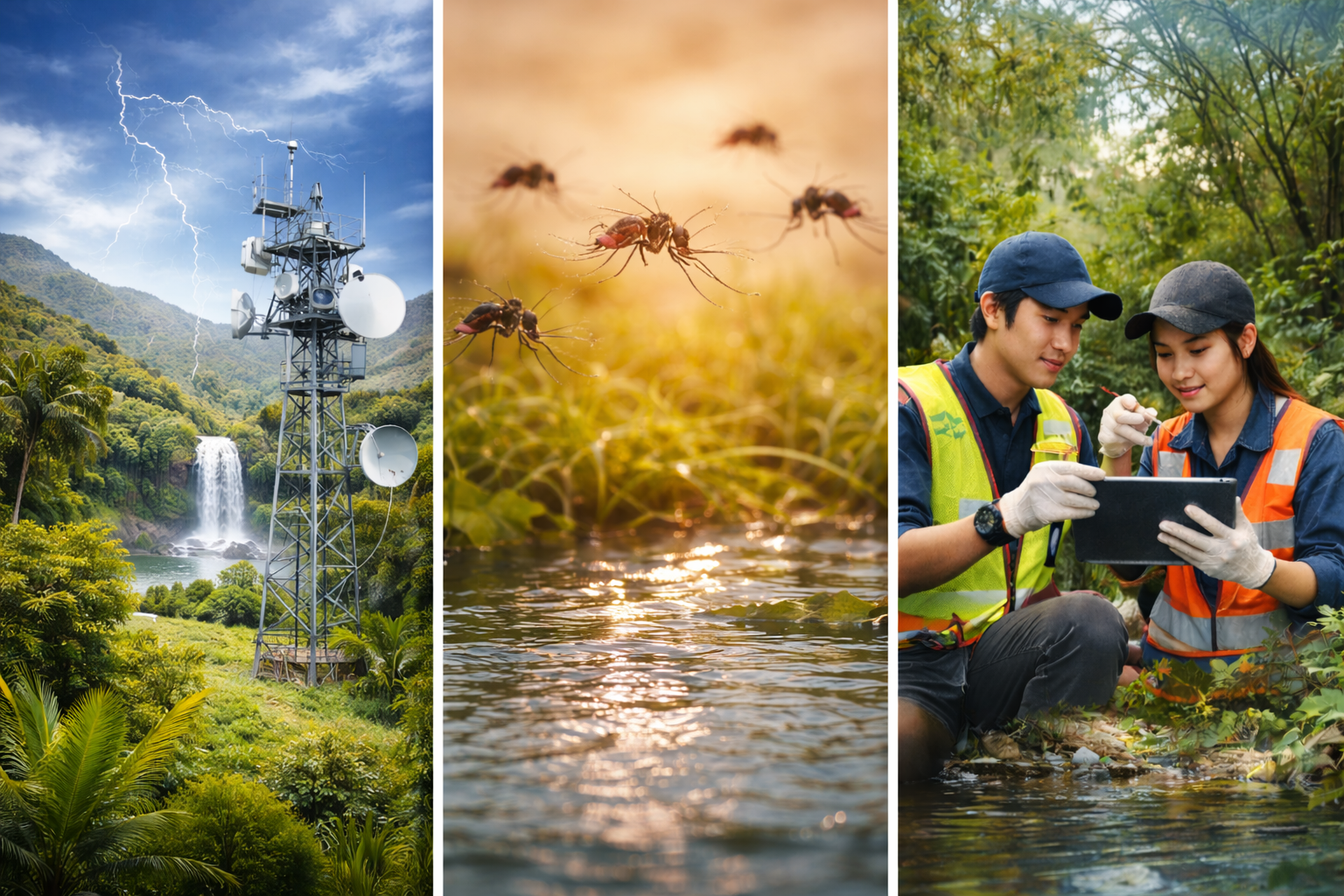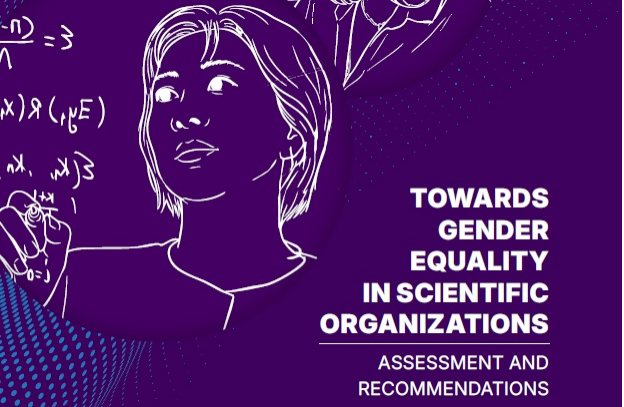IRDR co-sponsors ICSU and ISSC have released a new report which provides an independent review of the 169 targets under the proposed Sustainable Development Goals (SDGs), set to be approved at the UN General Assembly in September 2015.
 Bringing together the work of over 40 leading researchers from across the natural and social sciences, the report was issued ahead of the SDG-focused meeting at the UN in New York (17-20 February 2015), which will discuss an over-arching declaration for the proposed framework.
Bringing together the work of over 40 leading researchers from across the natural and social sciences, the report was issued ahead of the SDG-focused meeting at the UN in New York (17-20 February 2015), which will discuss an over-arching declaration for the proposed framework.
The authors find that the SDGs offer a “major improvement” over their predecessors, the Millennium Development Goals (MDGs). They argue, however, that less than a third of the 169 targets are sufficiently well defined and based on the latest scientific evidence. More than half the targets “need more work” while 17% are weak or non-essential.
What is more: the scientists agreed that many of the targets suffer from a lack of integration and are couched in vague, qualitative language rather than offering hard, measurable, time-bound, quantitative targets, the report finds.
Authors are also concerned the goals are presented in ‘silos’, addressing challenges such as climate, food security and health in isolation. Yet, without explicitly interlinking these goals, not only is there a risk that the latest scientific insights get sidelined; inherently, there is also a danger of priority conflicts arising between different goals, most notably trade-offs between overcoming poverty and moving towards sustainability. Action to meet one single target could end up having unintended consequences on others if they are pursued separately.
The report emphasise the need for SDG goals and targets to be aligned, respond to and draw on objectives and ambitions of other agreements, such as the Hyogo Framework for Action on DRR. References to disaster risk reduction are found across the report, particularly in the section on well-being and public health, co-authored by Virginia Murray. Repeatedly, concern is articulate that the focus is on extreme events, for example in urban environments, where slow-onset and long-term appear to be underestimated in their impact.
Finally, the report highlights the need for an ‘end-goal’ to provide a big picture vision for the SDGs. “The ‘ultimate end’ of the SDGs in combination is not clear, nor is how the proposed goals and targets would contribute to achieve that ultimate end,” write the authors. They recommend that this meta-goal be “a prosperous, high quality of life that is equitably shared and sustained.”
Download the accompanying supplement (“Sustainable Development Goals and Targets”)
There is also a blog post on our Road to Paris blog which discusses the key finding of the report and includes interviews with the authors.
Adapted from ISSC news





